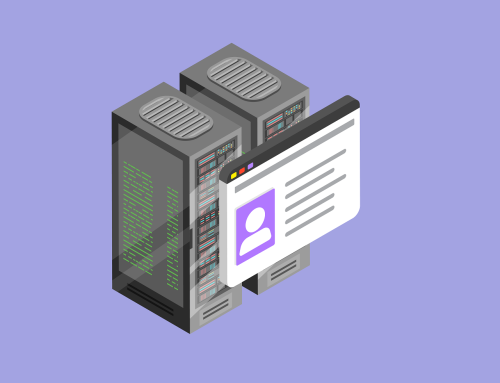The Main Causes of Poor-Quality Data
It’s clear that high quality data allows management teams to make more informed business decisions and improve customer relationships.
Data is the one of the best resources a business can have. Having high quality data allows you to get ahead of competitors, see trends and create strategies based around metrics and facts.
Any organisation plagued by data quality problems will suffer in different ways, but it isn’t always understood where the poor-quality data originated or how it came to be.
Discussed below are some of the main causes for poor quality data within an organisation.
Human Error
Typos, input errors and spelling mistakes are a major risk to data when human input is involved. Human error makes up for the bulk of data errors in organisations. Employees are often distracted while doing repetitive data work leading to situations where data is inputted incorrectly.
Not only are inputting errors possible. Lack of staff training regarding how to appropriately use internal tools can easily cause harm to the quality of company data.
While this poses a major risk to the data’s quality, data solutions such as deduplication and the use of tools such as DirectAddress, alongside regular training can be used to vastly reduce the impact of any major data blunders.
Data Decay
Data decay refers to the gradual loss of data quality within a system. There a two main different types of data decay in businesses:
Mechanical Data Decay
This is data decay that occurs when hardware and software have issues storing and retrieving data. An example of mechanical data decay includes data records being wiped from a CRM system as a result of a bug. Unfortunately issues like this are an unavoidable part of working with computers, regardless of how reliable the systems are.
One of the main ways to avoid mechanical data decay causing havoc in your organisation is by consistently backing up important data. A solid, up to date backup strategy is necessary for any organisation that holds sensitive or important data.
Logical Data Decay
While not as obvious as mechanical data decay, logical data decay is the silent killer. Data is time sensitive. It quickly becomes outdated as people move jobs, change addresses and phone numbers over time.
Companies often focus on gathering as much data as possible from new customers while existing customer data is silently decaying in the background.
Natural regular customer engagement will allow you to have frequent contact with existing customers and in turn get regular updates on their information for your records.
Fragmented Information Systems
Working with fragmented information systems results in poor-quality data as a result of the pieces of information being difficult to assemble into comprehendible and conclusive information.
Without the ability to have a Single Customer View, your organisation’s data is not integrated or in sync. This ultimately means you’ll likely see conflicting data when cross-checking information from different sources.
Organisations with a Single Customer View implemented are able to see one version of the truth. It helps provide businesses with the ability to track customers and their communications across every channel, resulting in an improved customer experience.
Poor Communication
Much like fragmented information systems, siloed internal departments results in fragmented information. Poor communication due to departments not sharing information with one another can result in poor quality data.
Similarly, the use of different or confusing terminology can result in information ‘lost in translation’ across departments.
Having the appropriate data governance policies in place across all departments in the organisation can help alleviate some these communication challenges.
Poor quality data doesn’t just mean marketing campaigns will be affected. Bad data can result in poor decision managerial decisions being made, staff time wasted and even high monetary costs in the long run.
Do you wish to find out more about the services we offer to improve your data quality? Be sure to contact us today on +353 1 8041298 or get in touch below!









